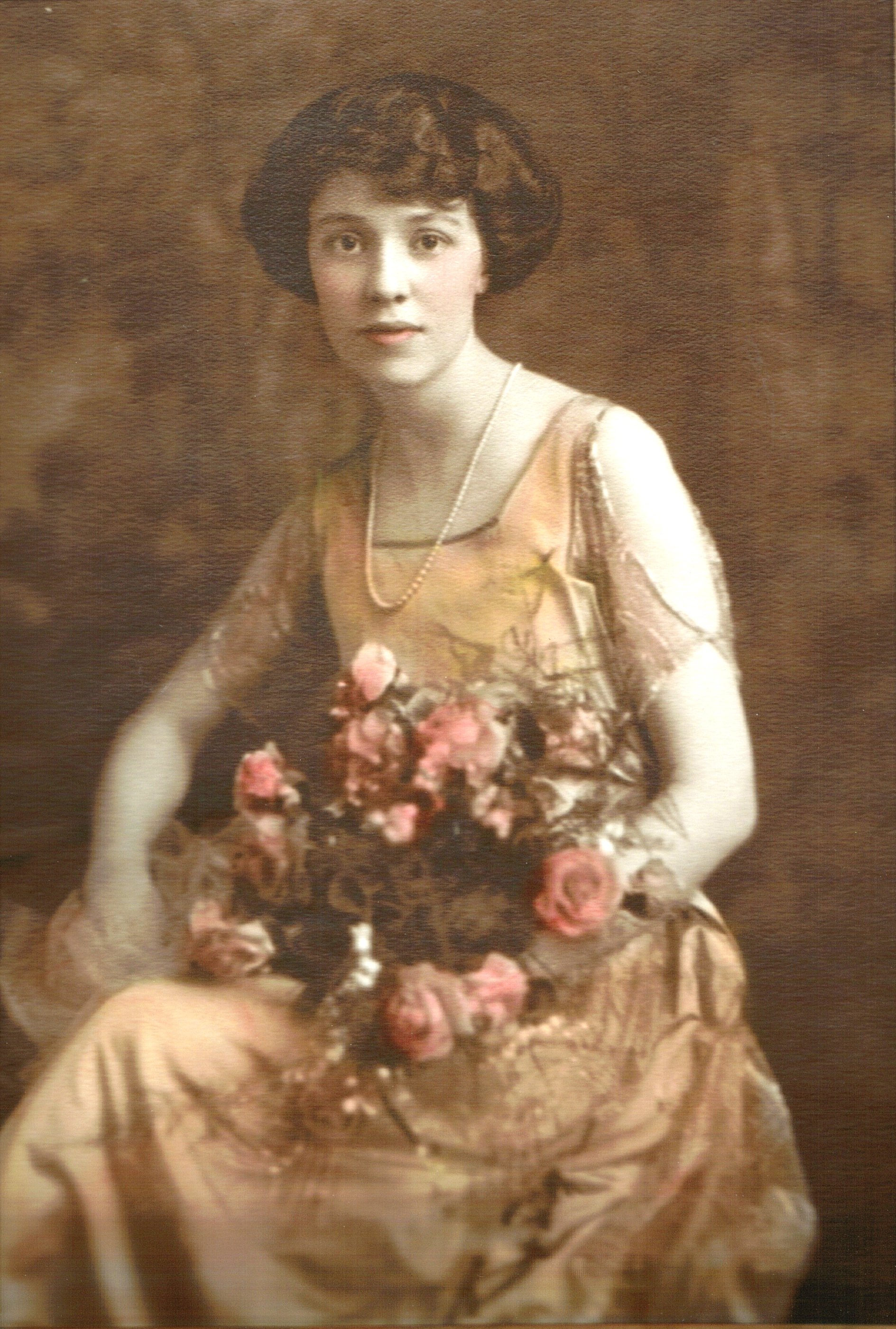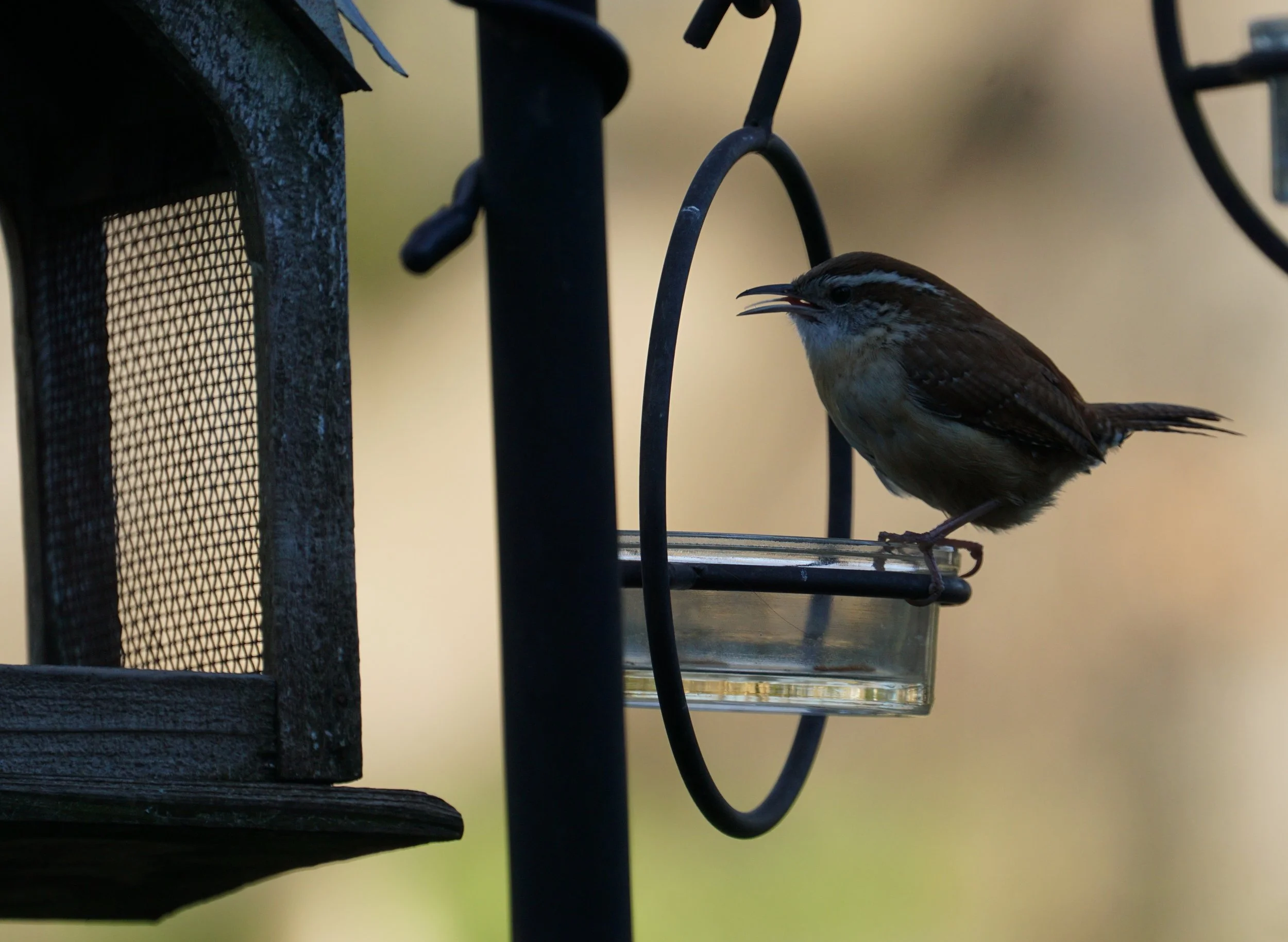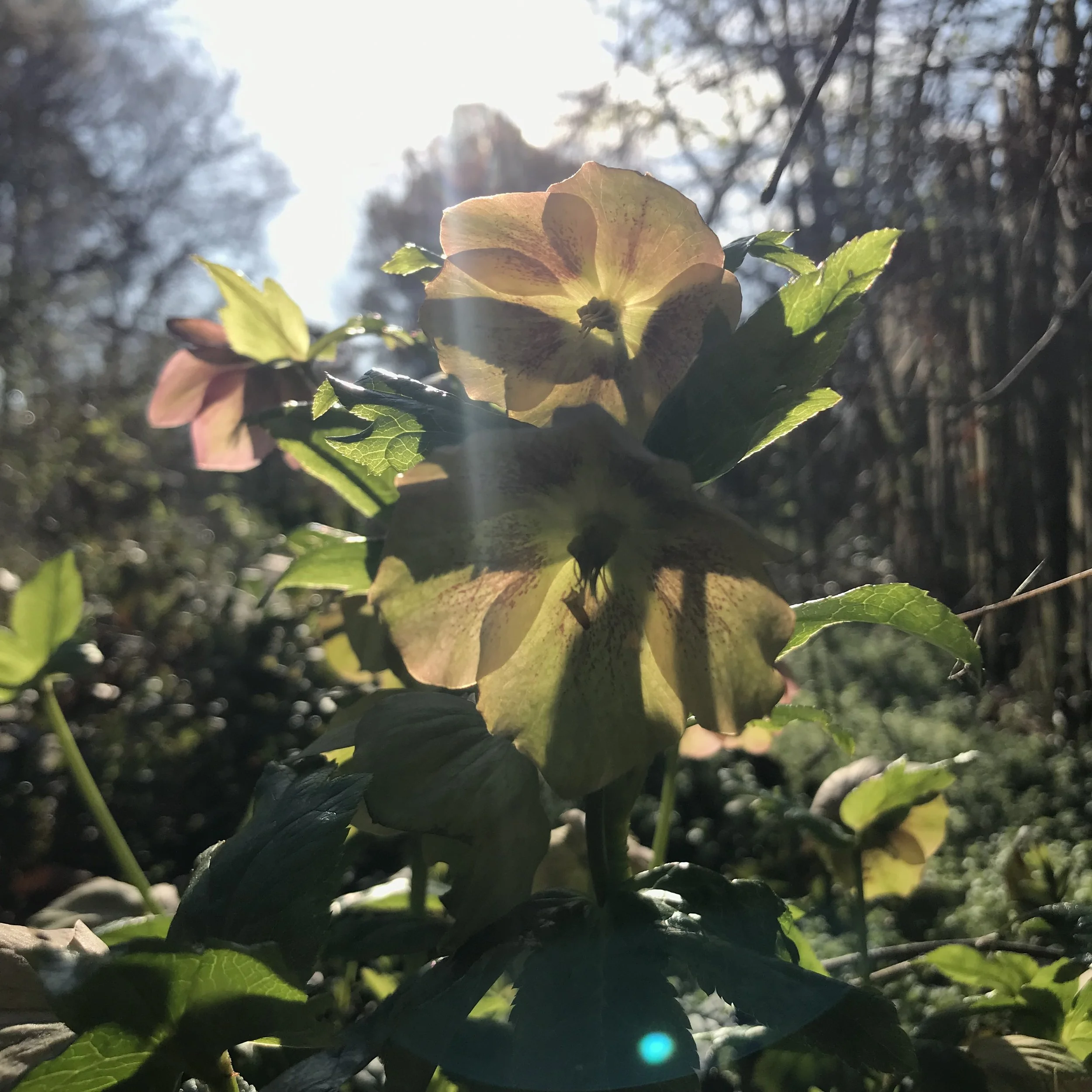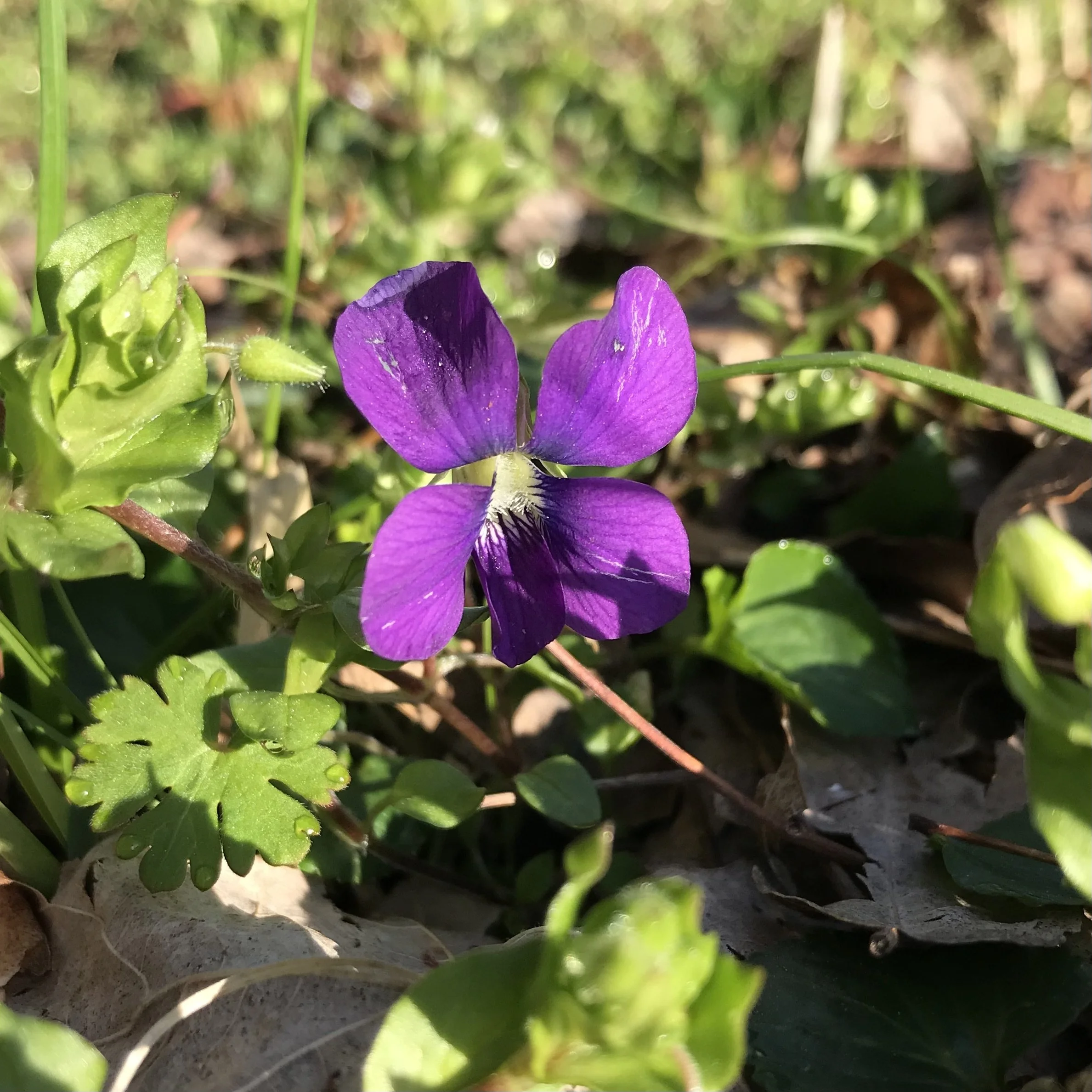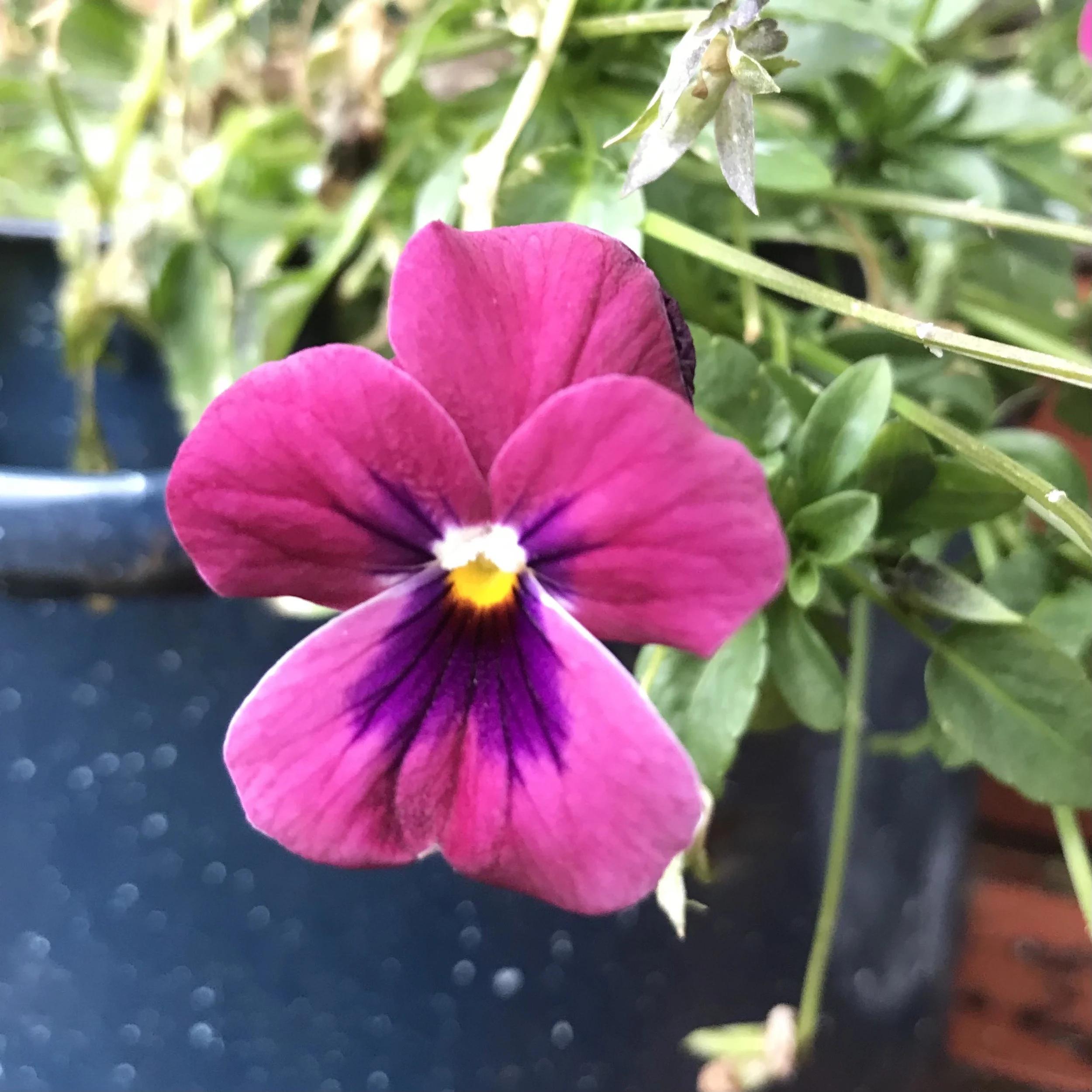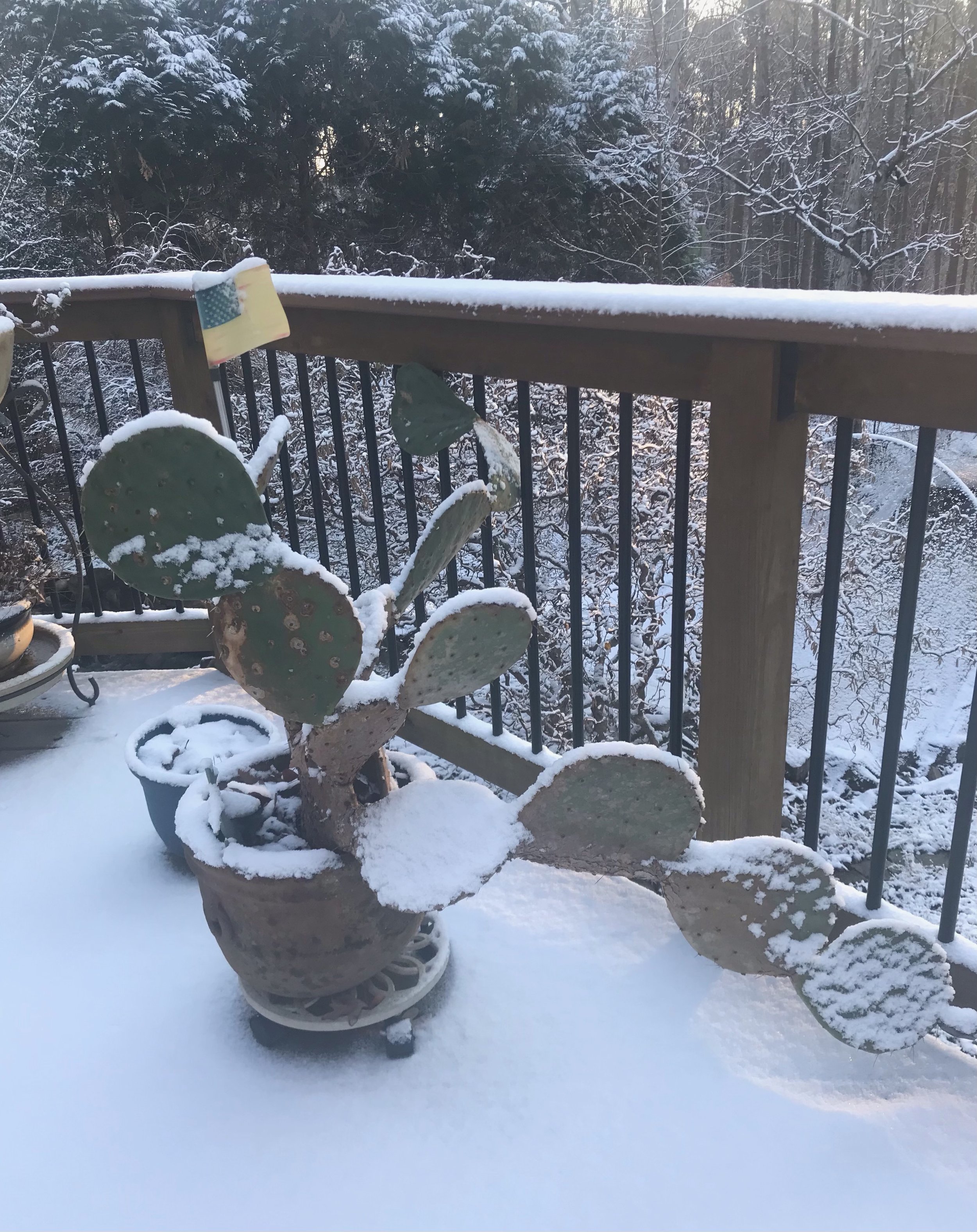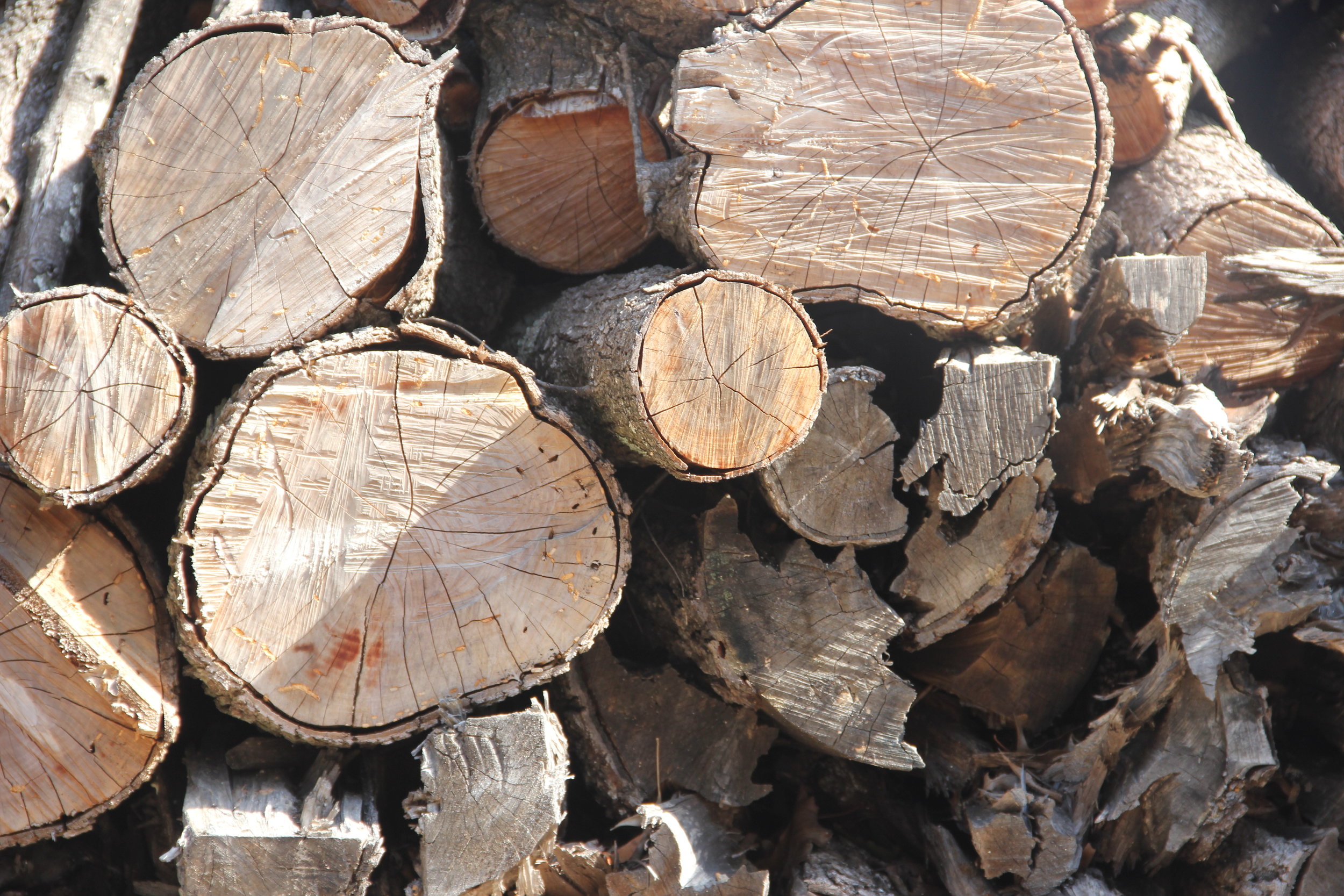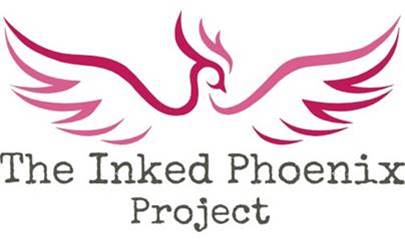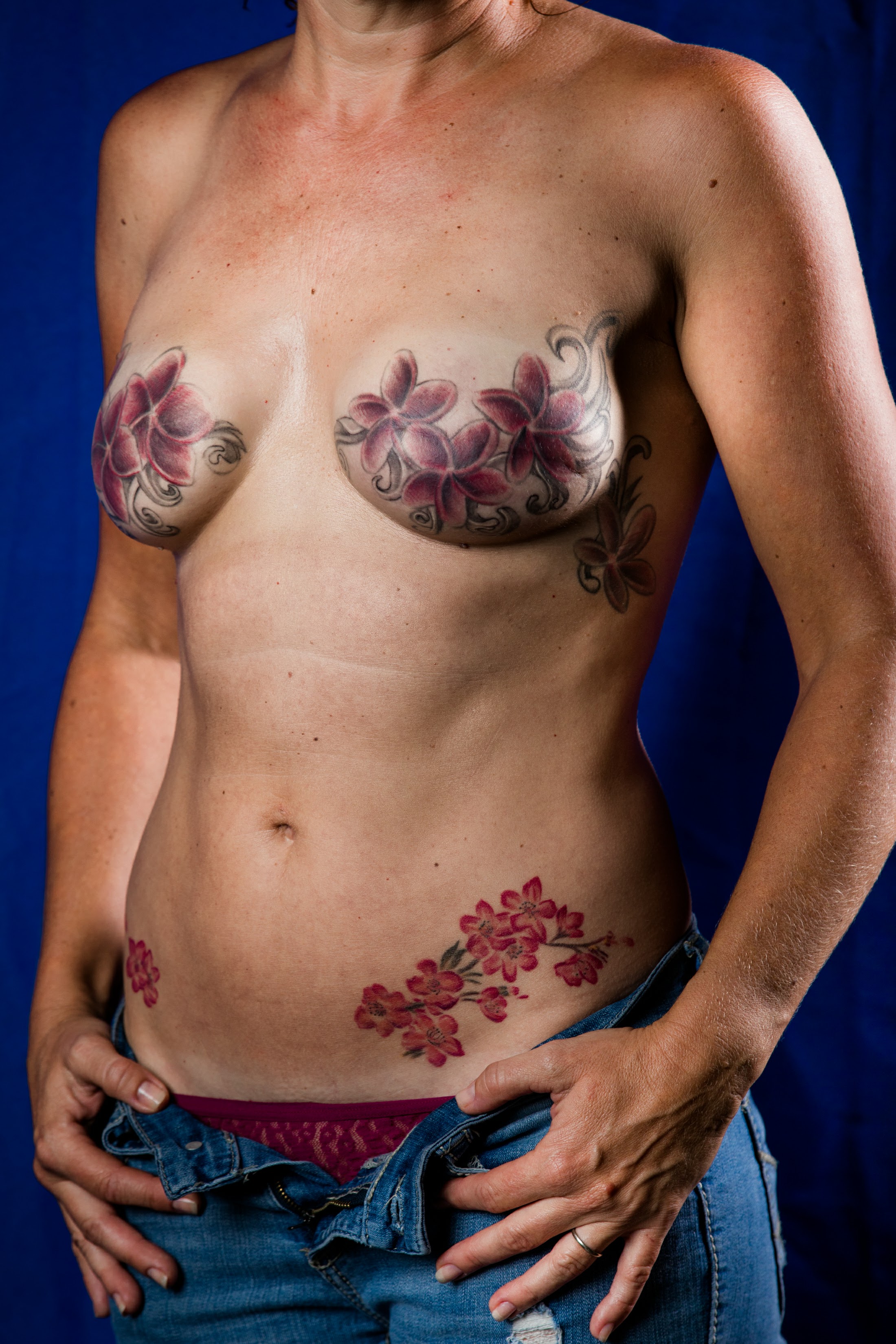Michaud saw the impact the experience had on Ike. “I got the feeling that Ike got a lot out of helping me thru this process and that he wanted to continue doing this (work),” said Michaud.
And, so they joined forces to combine their paths into a common and shared goal. “We talked about how expensive tattoos are ($800-1800),” said Michaud. “After treatments and medical bills, that’s not an expense that most women can afford and, of course, it’s not covered by insurance. So this idea came that maybe we’d start a (nonprofit) and we’d pay for the mastectomy tattoos.”
Michaud quickly secured a Board of Directors and formed a 501(c)(3). In January of this year, Inked Phoenix was born. She began visiting tattoo parlors in North, and, then, South Carolina. “I’m looking at the environment they are going into. I want to make sure that they have a private room; that they are comfortable there.” It is Michaud’s fervent desire that everything, including the business aspect, is handled beforehand and that the entire process goes smoothly for applicants who have already endured significant emotional and physical pain.
“I’ve already done the hard work. They can go down the list and pick whichever one they want.” Clients don’t handle any money; the funds are transferred from Inked Phoenix to the tattoo parlor. Inked Phoenix subsidizes 100% of the work at the artist’s rate.
“After seeing how much work Ike put into it and realizing the skill-factor needed to complete a mastectomy tattoo, to have to sit there and listen to someone tell their (survivor) story and go through (all) the emotions, I really felt like they need to be compensated for that,’ Michaud said. “And, they should be. It’s their talent….It’s not easy to work on scar tissue.”
“I’ve already done the hard work. They can go down the list and pick whichever one they want.” Inked Phoenix subsidizes 100% of the work at the artist’s rate.
“I have a scar line that (when Ike touched it) it nearly sent me off the table,” she said. “That’s the other reason (the artists must have experience) - they are working with scar tissue – it’s not just the texture of it, but understanding that you are going to have nerve endings that have feeling and nerve endings that have no feeling.” Tattoo artists need to “be patient enough to understand that,” said Michaud.
This year, nearly one dozen applicants are expected to receive tattoos - a number she expects will double next year. And, Michaud’s goal is to expand into more Carolinas locations and possibly beyond (tattoo artists in Florida and Nevada have contacted her asking to be involved).
“I didn’t want women to have to drive that far because it’s exhausting,” said Michaud. “You’re laying on the table, your adrenaline is flowing, your endorphins are going, and it’s such an emotional experience. Having to drive (many) hours after that is ridiculous.”



